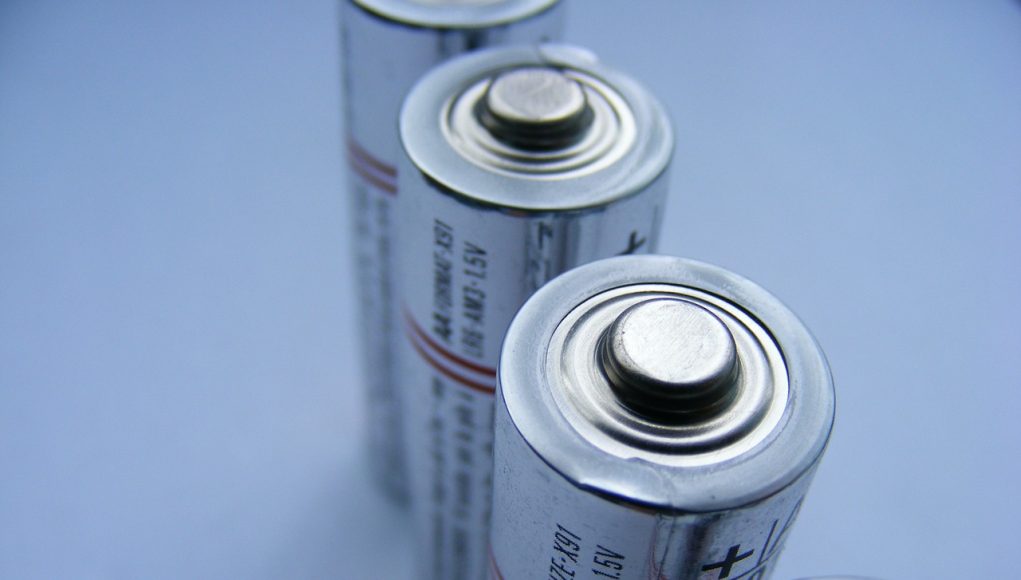The first vaping products designed to prevent fires and explosions have been safety-certified by the UL, the global safety company that tests and certifies tens of thousands of consumer products each year, and are scheduled to be available on the market in a matter of weeks. However these products will only be available in Canada and not in the US, and this is because of the FDA.
“They have locked us into antiquated technologies,” said Tony Abboud, executive director of the Vapor Technology Association (VTA). “The U.S. government is suppressing innovation in a way that can only harm consumers going forward.”
Safety certified Innovative Products can be sold in Canada but not in the US
“We did this (UL certification) to protect American consumers, but we can’t sell directly to them,” said Joshua Church, Joyetech’s chief regulatory and compliance officer. “We’ve been frozen out of the U.S. market by the FDA whose last concern is product innovation. So, we’re sitting here stuck in the water.”
On the other hand, FDA press officer Michael Felberbaum, has pointed out that the agency is addressing these safety issues in a number of ways. “The FDA shares concerns about adverse effects associated with the use of e-cigarettes, such as overheating and exploding batteries, and the agency has taken several steps to address the issues.”
He added that these steps include a public workshop on potential safety hazards, educating consumers about how to avoid e-cigarette battery explosions and exploring product standards to address battery issues.
The PMTA’s lengthy process makes it impossible for US products to be up to date
However public health experts concur with e-cig manufacturers. Back in 2016 harm reduction expert, Dr. Michael Siegel had pointed out that ironically the US Food and Drug Administration’s deeming rule is coming in the way of selling safer products.
He had explained that if these e-cig companies had to decide to change the batteries they use, this would constitute a new “tobacco product,” hence before being released on the market the company would have had to have applied for and received a PreMarket Tobacco Application (PMTA), from the FDA. This is a lengthy process that could take years and cost millions of dollars.
“So effectively, the FDA has banned safety improvements such as replacing defective batteries”, stated Siegel at the time, and sadly the situation has not really changed. E-cig manufacturers find it makes no sense to begin the costly and time-consuming application process, when by the time the process is finalized, a new technology would have been released on the market.
“Technology innovates in cycles of months, not years, so the products being sold today were first designed almost three years ago,” said the VTA’s Abboud. “Manufacturers have developed and are selling products in other parts of the world that have safety designs and safety protections in them, but we can’t make any changes to those products here in the U.S. without going through the FDA’s multimillion-dollar multi-year PMTA process.”
Read Further: NBC












